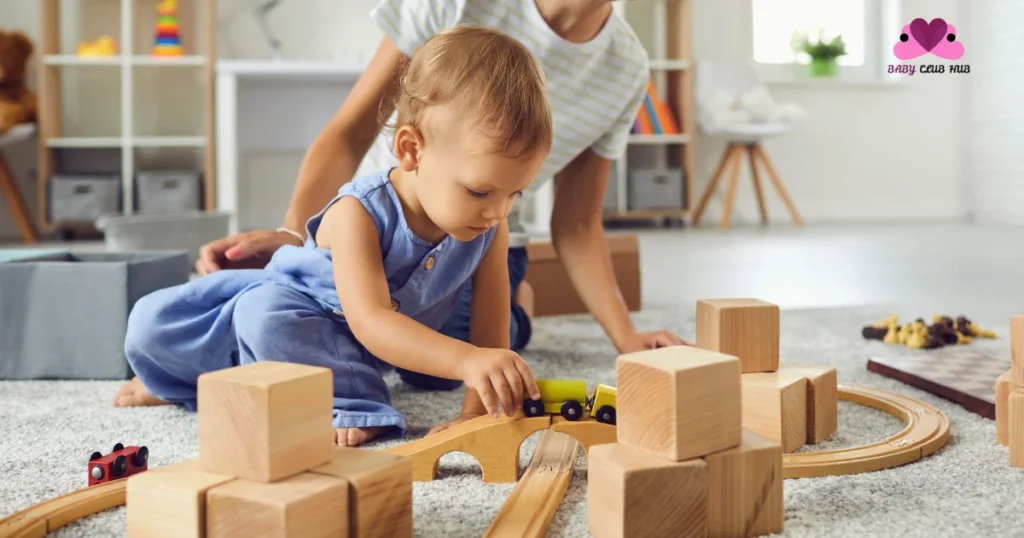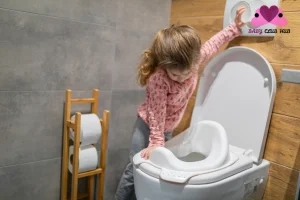Milestones by Age: A Complete Guide for ParentsToddler milestones by age
Watching your toddler grow is one of the most rewarding parts of parenthood. From their first wobbly steps to forming sentences, each milestone feels like a victory. But with so much advice out there, parents often wonder: “Is my child on track?”
This guide breaks down the most important toddler milestones by age, covering motor skills, language, emotions, and social growth from 12 months to 36 months. Use it as a roadmap to understand your child’s development and know when to celebrate achievements—or when to seek extra guidance from your pediatrician.
Why Toddler Milestones Matter
Milestones are more than cute moments. They are markers of healthy growth that show how your toddler’s brain and body are developing. Recognizing these signs helps you:

- Track developmental progress at home.
- Catch delays early with the help of healthcare professionals.
- Support your toddler with age-appropriate activities.
- Celebrate small victories that boost family confidence.
Toddler Milestones at 12 to 18 Months
At this stage, your baby is transitioning into toddlerhood, and the changes are exciting.
- Walking with Support – Many toddlers take their first steps around 12 months, often holding onto furniture.
- First Words – Simple words like “mama” or “dada” begin to emerge.
- Pointing and Gestures – Toddlers use gestures to communicate wants before words catch up.
- Finger Foods – They start experimenting with self-feeding.
Example: Parents often notice their toddler imitating actions like pretending to talk on the phone—an early sign of imagination.
Toddler Milestones at 18 to 24 Months
This is a stage of rapid learning and independence.
- Running and Climbing – Movement becomes faster and more adventurous.
- Vocabulary Explosion – Toddlers may learn up to 50 words by age 2.
- Parallel Play – They play alongside other kids but not fully with them.
- Imitating Adults – From sweeping the floor to “cooking,” toddlers love copying daily routines.
Checklist: Keep childproof locks in place—curiosity often leads to mischief at this age.
Toddler Milestones at 24 to 30 Months
As your toddler nears age 2.5, their personality and skills shine more clearly.
- Two-Word Sentences – Simple phrases like “want juice” or “go park.”
- Improved Coordination – Jumping with both feet, kicking a ball, and climbing stairs with help.
- Pretend Play – Dolls, cars, or stuffed animals often become “friends.”
- Emotional Growth – Tantrums are common as they learn to handle big feelings.
Example: Parents may notice the “no” phase—toddlers asserting independence in decision-making.
Toddler Milestones at 30 to 36 Months
By age 3, your toddler shows more advanced thinking and communication.

- Speaking in Short Sentences – Around 200–250 words and 3–4 word phrases.
- Drawing and Building – Stacking blocks, drawing circles, or using crayons with control.
- Cooperative Play – Starting to play with other children rather than just alongside them.
- Toilet Training – Some toddlers begin showing readiness for potty training.
Related Article: Top 10 Best Toilet Training Seat with Ladder
Checklist: Encourage problem-solving through puzzles or age-appropriate board games.
Developmental Red Flags to Watch
Not all toddlers hit milestones at the same time, but certain delays may need medical attention:
- Not walking by 18 months.
- No words by age 2.
- Persistent lack of eye contact.
- Limited interest in social interaction.
If you notice any of these, consult your pediatrician for evaluation.
Activities to Support Toddler Milestones
You can help your toddler grow through simple, everyday activities:
- Reading Daily – Builds language and cognitive skills.
- Outdoor Play – Improves coordination and social interaction.
- Music and Singing – Enhances memory and rhythm.
- Simple Chores – Teaches independence (e.g., putting toys away).
FAQs
What are the main toddler milestones by age?
Walking, talking, emotional growth, play, and self-feeding are key areas from ages 1–3.
How many words should a 2-year-old say?
Most toddlers use 50 or more words and start forming two-word sentences by age 2.
When should I worry if my toddler isn’t talking?
If your child has no words by age 2 or struggles to understand simple instructions, speak with your pediatrician.
Is it normal for toddlers to have tantrums?
Yes, tantrums are a normal part of emotional development and learning self-control.
What activities help toddlers develop faster?
Reading, outdoor play, pretend games, music, and building toys support physical and cognitive growth.
When do toddlers start potty training?
Many toddlers show readiness between 2–3 years, but the timeline varies for each child.
Conclusion
Understanding toddler milestones by age helps parents feel confident and better prepared for each stage. While every child develops at their own pace, celebrating progress and offering support makes the journey smoother. Keep encouraging curiosity, provide safe environments for exploration, and remember—your toddler’s small steps today lead to big leaps tomorrow.

